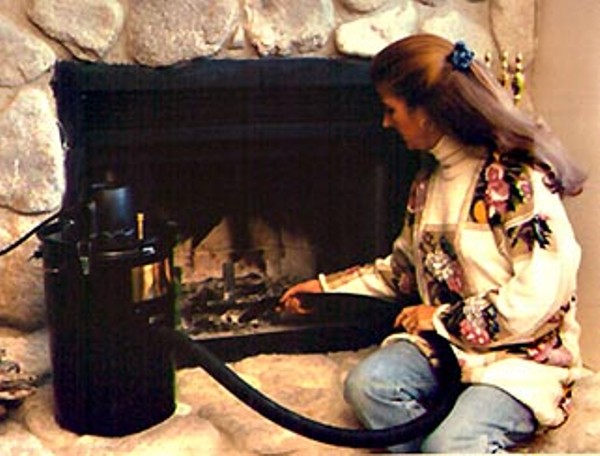Almost within the memory of persons still living it was customary for the good woman of the cottage, before she retired to rest, to carefully sweep the hearth, and place thereon a vessel of water, to assist in the ablutions, which it was believed formed a principal object of [the fairies’] midnight visits; and if perchance any of the family woke during the night they heard the sound of their tiny footsteps as they gambolled over the fast-cooling hearth. Unless espionage was attempted, prosperity always attended the household thus visited. Tradition has recorded that a man whose house they so frequented, and who had received many favours from them, became smitten with a violent desire to behold his invisible benefactors. Determined to indulge his curiosity, and not having the fate of the Coventry worthy before his eyes, he one night stationed himself behind a knot in the door, which divided the ‘house’ from the sleeping apartment. True to their usual custom, the elves came; but no sooner had he glanced at the objects of his watch than he became blind: and so provoked were the fairies at this breach of hospitality that they deserted his dwelling, and never more returned to it. Sternberg, 132-133


